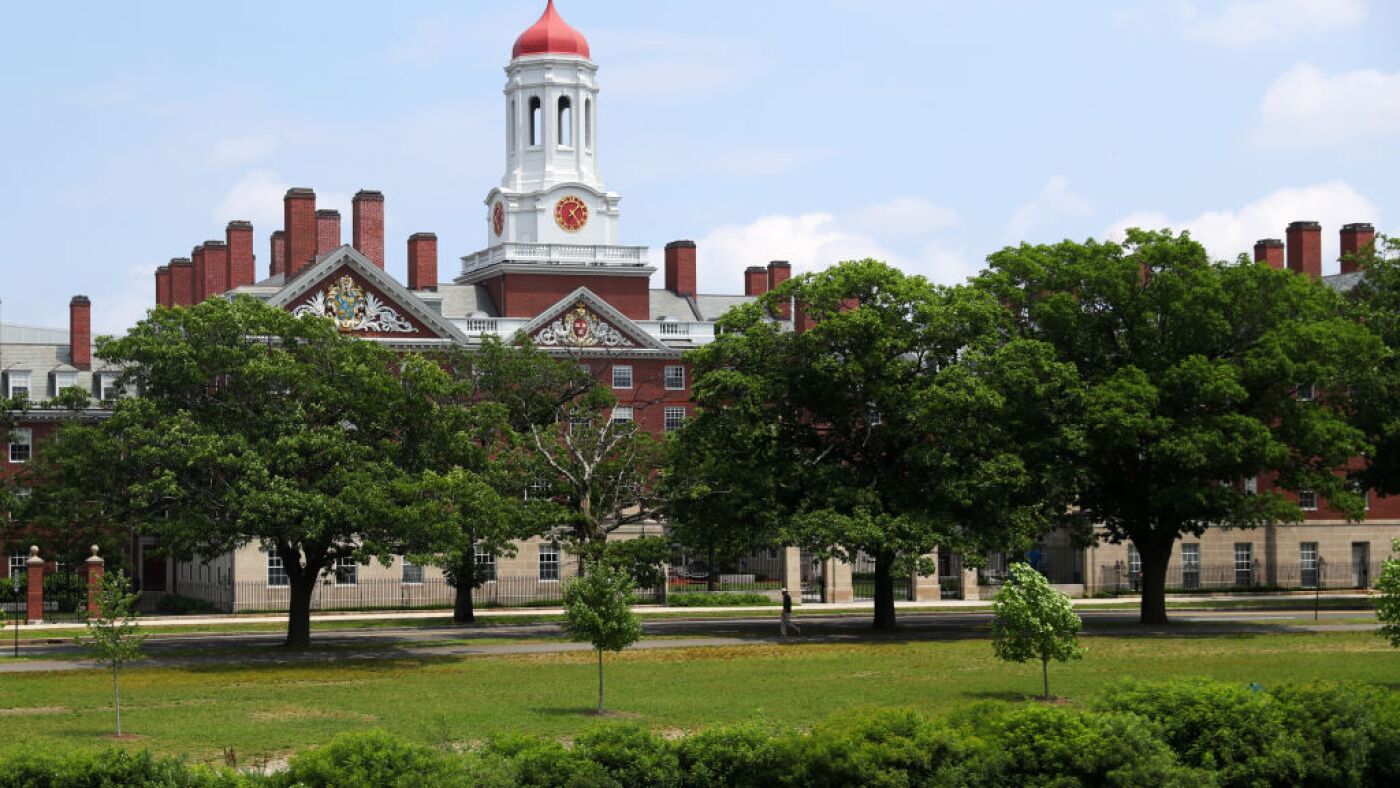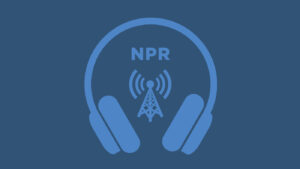An Expansion in Financial Aid: Harvard’s New Approach
In a significant shift to broaden educational accessibility, Harvard University has decided to enhance its financial aid offerings. This change comes on the heels of a Supreme Court decision prohibiting the consideration of race in college admissions, prompting institutions to reconsider how they can foster diverse student bodies through other means.
Harvard’s latest financial aid policy outlines a comprehensive plan to make education more attainable for students from a range of economic backgrounds. According to a statement from the university, families earning less than $100,000 annually will not have to pay for their child’s education at Harvard. This includes not only tuition but also covers expenses such as food, housing, health insurance, and travel. For those with an annual income of up to $200,000, tuition fees will be waived, although they may still qualify for additional financial aid if needed.
Key Details of the Initiative
- Harvard’s financial aid expansion is a notable move aimed at making the university more affordable, particularly for middle-income families. The initiative includes a two-part startup grant to assist graduates in transitioning into life after college.
- The cost of attendance at Harvard for the 2024-2025 academic year is projected to be approximately $82,866, as reported by the university’s registrar.
Historically, Harvard has adjusted its free admission eligibility criteria several times, with the most recent threshold set at $85,000 in 2023. The new $100,000 threshold significantly exceeds the U.S. median household income of $80,610, based on 2023 census data.
Wider Implications and Perspectives
This financial aid expansion aligns with a broader trend across over 100 U.S. universities seeking to diversify their student populations through more inclusive financial policies. While some smaller institutions have been implementing similar strategies for years, others, like the Massachusetts Institute of Technology, Carnegie Mellon, and the University of Pennsylvania, have recently made adjustments to their financial aid models.
Despite these efforts, Zachary Bleemer, an assistant professor of economics at Yale University, expressed skepticism regarding the broader impact of such measures. In an email to NPR, he noted that “because less than 1% of four-year college students enroll at an Ivy League school to begin with, he doesn’t think ‘the choice means much for nearly any students.'”
Explore Further with NPR
For those interested in keeping up with economic developments, consider subscribing to the Planet Money newsletter for weekly insights delivered directly to your inbox.





